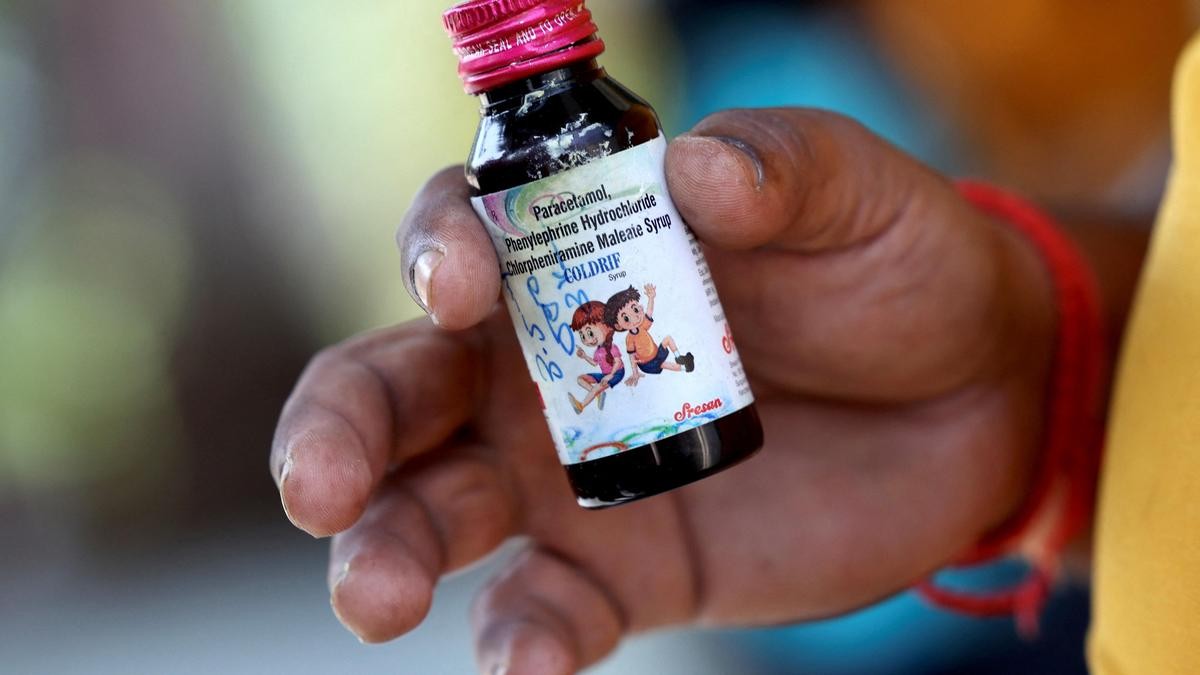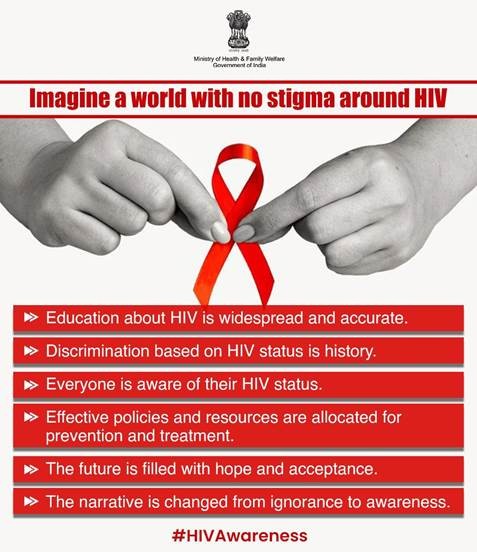Description

Copyright infringement not intended
Picture Courtesy: https://www.downtoearth.org.in/news/health/kerala-comes-up-with-operation-amrith-to-tackle-amr-93865
Context: Kerala is implementing "Operation AMRITH," enforcing the original H1 rule requiring a doctor's prescription for all antibiotics.
Key Highlights
- The H1 rule was introduced by the Indian government in 2011 to restrict over-the-counter sales of antibiotics without a prescription, aiming to combat the growing concern of antimicrobial resistance (AMR). However, due to challenges in implementation and concerns about access to life-saving antibiotics, modifications were made in 2013.
- Operation AMRITH: Kerala recently initiated Operation AMRITH, which reinstates the original H1 rule, requiring a doctor’s prescription for acquiring any class of antibiotics. This move is facilitated by Kerala's high doctor-patient ratio and high literacy rate, which support effective implementation and compliance with the rule.
- Immediate Impact v/s Long-term Effectiveness: While the implementation of the H1 rule is commendable, its immediate impact on reducing drug-resistant infections may be limited. The effects are expected to manifest over several years or even a decade. However, it will contribute to fostering a culture of responsible antibiotic use, which is crucial in combating AMR.
- Addressing Unnecessary Antibiotic Usage: A significant portion of antibiotic prescriptions by doctors is unnecessary and irrational. Reasons include the lack of laboratory facilities for accurate diagnosis and patient pressure for antibiotics. Enhancing laboratory facilities for infection diagnosis and educating patients about the limitations of antibiotics are deemed vital.

Conclusion
- While enforcing the H1 rule is important, curbing AMR requires a multi-pronged approach. This includes improving public health infrastructure, sanitation facilities, and governance, as AMR is a socio-economic problem. Additionally, measures such as rationalizing antibiotic use in hospitals, banning growth-promotional use in agriculture, and promoting the development of new antibiotics, diagnostics, and vaccines are essential.
Must Read Articles:
OPERATION AMRITH: https://www.iasgyan.in/daily-current-affairs/operation-amrith#:~:text=Explanation%3A,from%20its%20potentially%20deadly%20consequences.
|
PRACTICE QUESTION
Q. What is the primary goal of Operation AMRITH?
A) To promote the use of antibiotics in livestock farming
B) To reduce the spread of hospital-acquired infections
C) To improve the early detection and management of antibiotic overuse
D) To increase awareness of digital health tools in rural areas
Answer: C
Explanation:
Operation AMRITH's fundamental goal is to address the problem of antimicrobial resistance by improving the early detection of antibiotic overuse and ensuring the appropriate management of such situations. The other options are incorrect as Operation AMRITH doesn't focus on these areas specifically.
|











